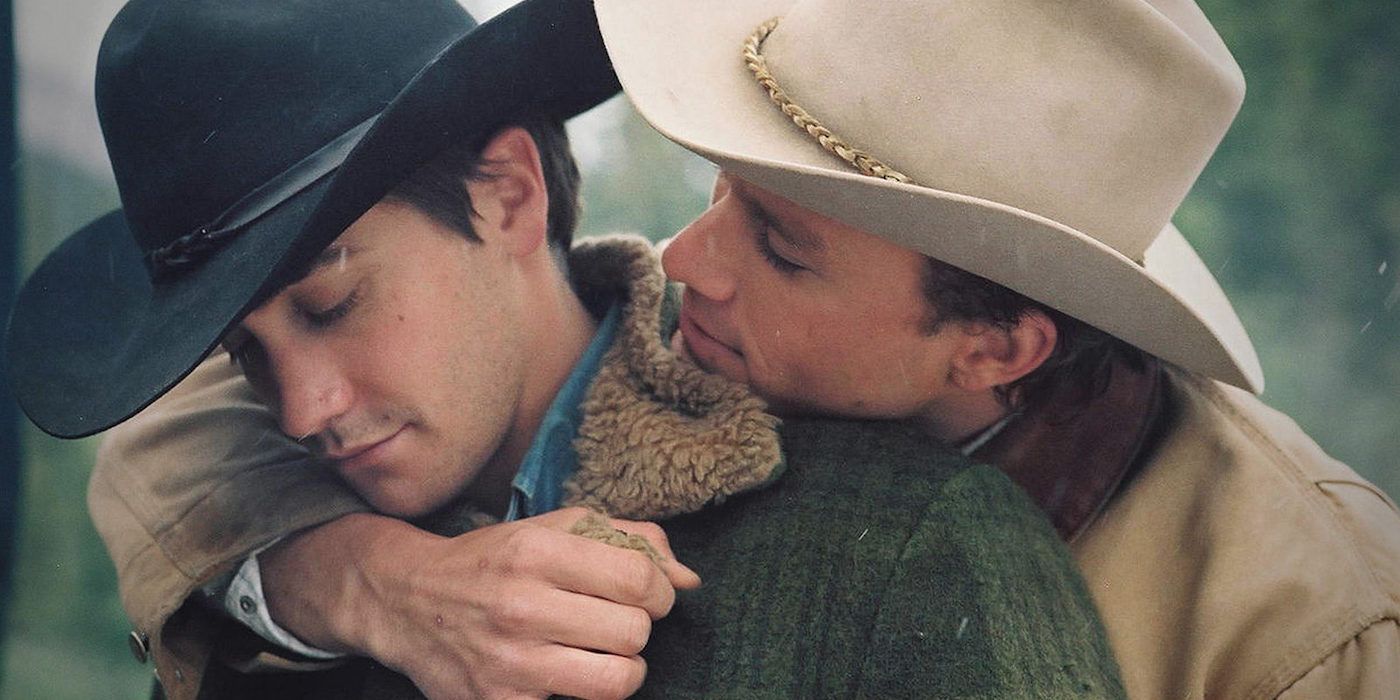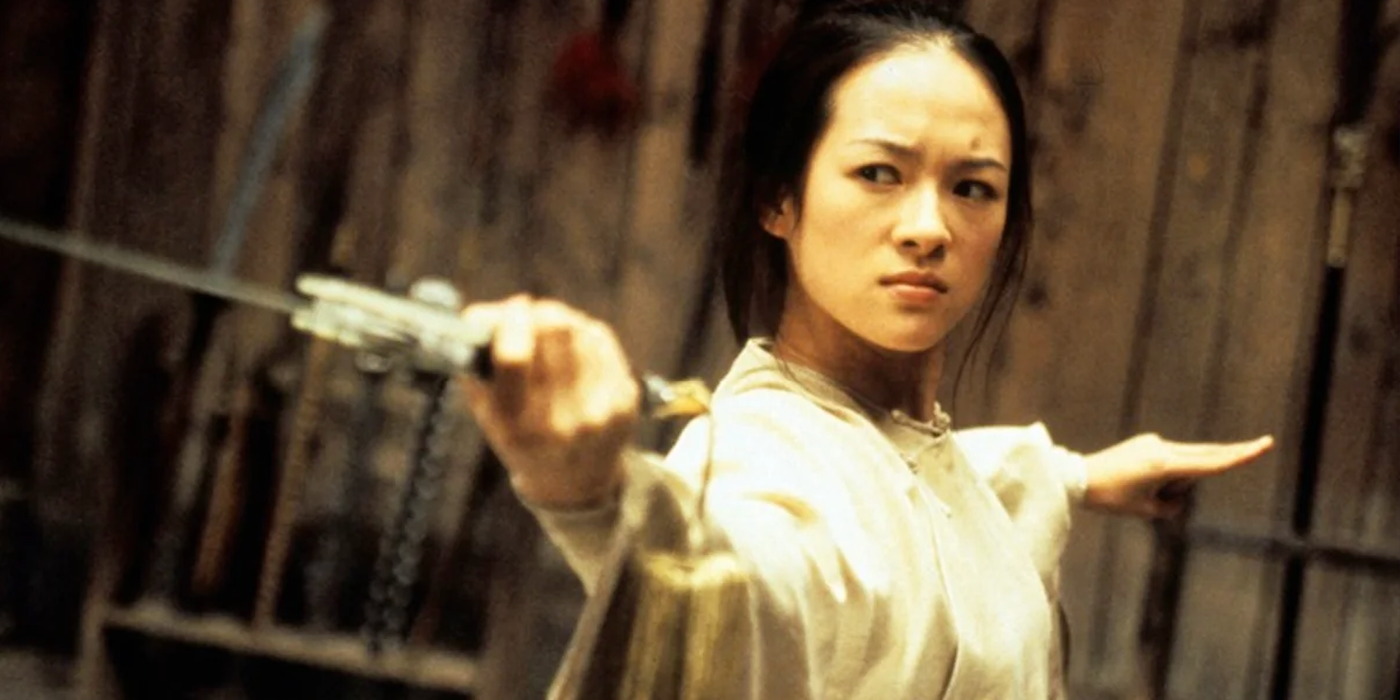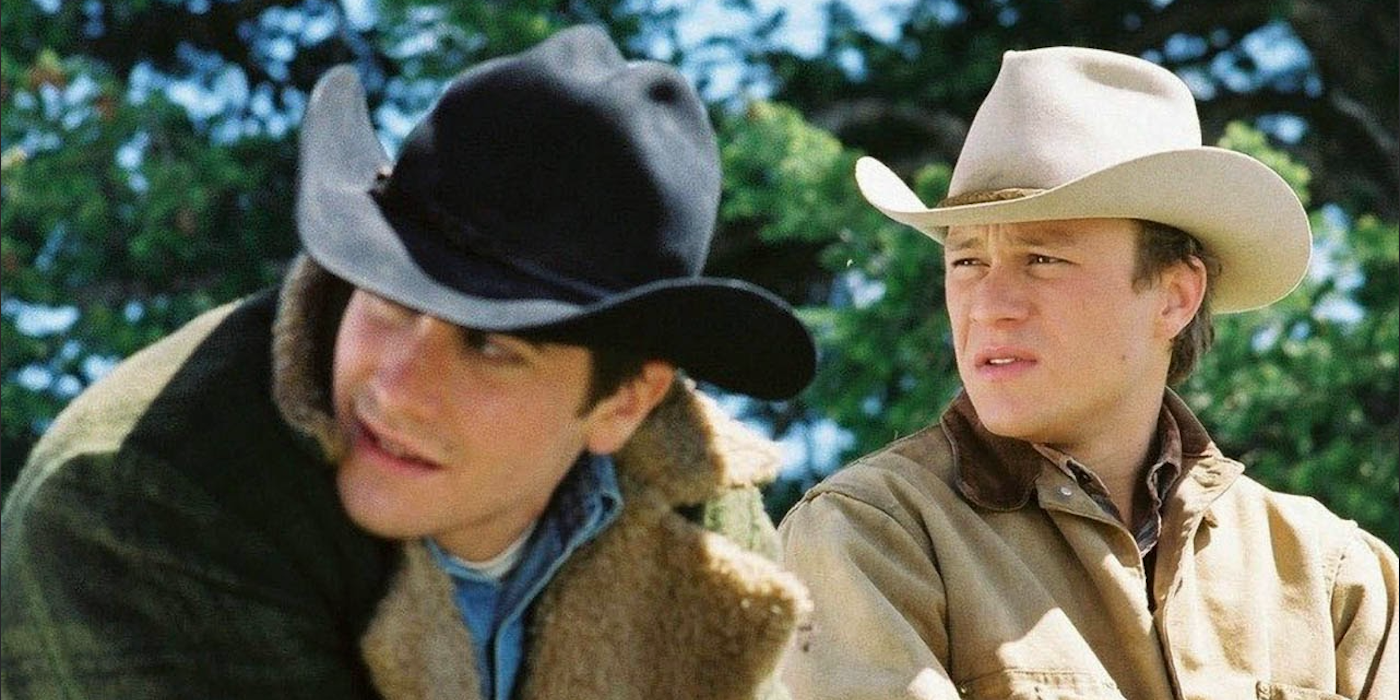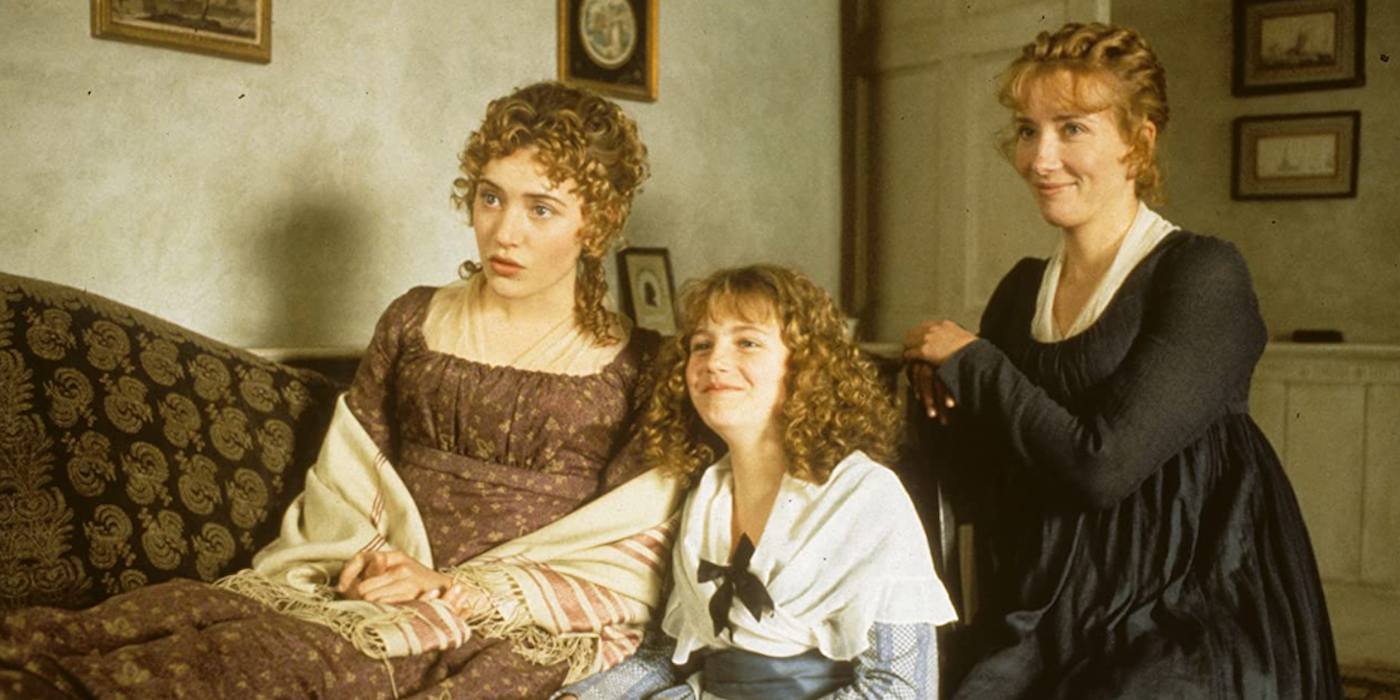As far as December anniversaries go, director Ang Lee might be the biggest winner of them all. This month, three of his movies — 1995's Sense and Sensibility, 2000's Crouching Tiger, Hidden Dragon, and 2005's Brokeback Mountain — are celebrating various milestone anniversaries. It seems to be a wonderful twist of fate that three of Lee's most outstanding and lauded films are the ones celebrating anniversaries because it gives us a chance to revisit all three. When I look at each of these movies, one prominent observation begins to emerge: These movies are timeless because of Lee's work on them as a director.
But what exactly makes a movie directed by Lee timeless?
If we went back to the year 1995, 2000, or 2005, we might be surprised at just how successful these movies were. Even by today's standards, the opening weekends for each movie might have been cause for concern. All premiered in the U.S. either in limited release (expanding to wide a few weeks later) in December, a time when awards season really heats up; each failed to crack at least a $1 million domestic opening weekend. These movies grew their profits in the ensuing weeks and ended their runs with at least eight-figure domestic totals, no doubt thanks in part to the critical praise bestowed on each of them. (Consult Janet Maslin at The New York Times, Michael Rechstaffen at The Hollywood Reporter, and Roger Ebert via his own site more.) By the time each movie had reached its respective Academy Awards season, they had racked up multiple nominations apiece. Sense and Sensibility earned seven nominations and won for Best Screenplay. Crouching Tiger, Hidden Dragon nabbed nine nominations and won four including Best International Feature Film. Brokeback Mountain scored eight nominations and won three, including a Best Director statue for Lee. Their successes were cemented.
It's also notable that each of these movies is still likely to come up in conversation today. Whether you're discussing great adaptations of Jane Austen, examing the influence of Asian cinema in English-language movies, or landmark LGBTQ+ films, you will likely cite each of these movies as a major example to draw from. To be fair, Lee is not solely responsible for the high probability of referencing these movies. Sense and Sensibility is as much a triumph for Lee as it is for Emma Thompson, who wrote the screenplay based on Austen's novel of the same name. Crouching Tiger, Hidden Dragon is hailed for its enthralling, stunt-laden action sequences which make it a sterling entry in the wuxia genre and help account for its international success. We still look at Brokeback Mountain's exploration of gay relationships not just because of Lee's handling of the story, but also thanks to the performances turned in by Jake Gyllenhaal and Heath Ledger.
With all of this in mind, we need to return to Lee. What is it about Lee's abilities as a director that prominently contributes to these three movies maintaining a "timeless" status? Having revisited Sense and Sensibility, Crouching Tiger, Hidden Dragon, and Brokeback Mountain in recent weeks, I see Lee as a director more concerned with the heart and soul of a story rather than the mind or muscle of it. It's not that he doesn't value the latter. Rather, he simply understands the former is more transcendent, less likely to be suppressed by language, or genre, or anything else that is too specific to one demographic.
Lee most often succeeds at getting to the heart of the matter through the performances of his actors. What Sense's Eleanor Dashwood (Thompson) or Crouching Tiger's Shu Lien (Michelle Yeoh) or Brokeback's Ennis Del Mar (Ledger) cannot verbally express — be it longing or anger or desire or true joy — it would seem Lee has helped encourage them to use their body language instead. Actors in Lee's movies, regardless of genre, are able to connect the body to the soul and give a well-rounded performance. No matter how big the world feels or how high the stakes may seem, when you're watching a movie Lee has directed, you are always drawn to the humans at the heart of the story, their psychology, their emotional cores. Lee has a compulsion to squeeze the humanity out of every moment, in what is both said and unsaid; it remains a compelling selling point to his work.
When thinking about these three movies, the quality of timelessness resonates so strongly because Lee is telling love stories. Not just any love stories, but love stories that seem to thrive when the primal-ness of those romances is given room to breathe in nature. The union of setting and story is key for these three Lee films. The Dashwood sisters meet their matches (and have some of their most electric encounters) when they move to their smaller house and must embrace a more rustic life. Jen Yu (Ziyi Zhang) and Lo (Chen Chang) yearn to return to the deserts of western China, where their love blossomed and they could live together without constraint. Similarly, Ennis and Jack (Gyllenhaal) can only find the freedom to indulge in their love when they spend time on Brokeback Mountain. Lee is a director who seems keenly attuned to telling us stories about the pursuit of love and the complications it puts on the human heart.
Ultimately, this trio of films serves as a triptych showcasing Lee at his best as a director. Regardless of genre, regardless of the cast, regardless of the year a movie is made, Lee's work in these three movies shows us he is a director driven by his sensitivity to the human heart and its desires. He has been able to secure projects which have allowed him to explore this further. The final product reveals to us a director who is capable of getting his work to say things that can still connect with audiences because they touch on feelings and ideas which always resonate. Love. Compassion. Adoration. Lee is unlike any director because he can draw these things out of a story — and that is why we should remain invested in him and his work today.




